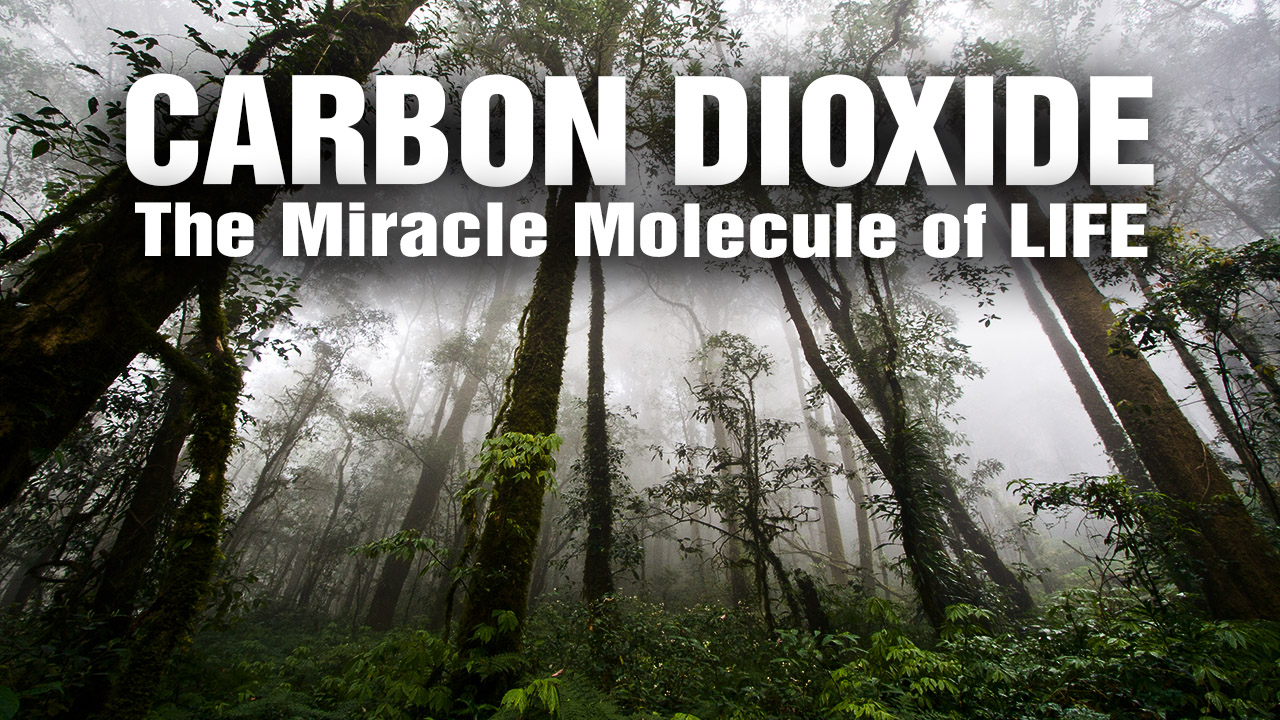Geoengineering project in California may cause heatwaves in Europe, scientists warn
06/30/2024 / By News Editors

Experimental cloud brightening intended to cool California could have unintended global consequences.
(Article republished from YourNews.com)
A recent geoengineering experiment designed to reduce temperatures in California has raised concerns about potentially causing heatwaves in Europe. Researchers from the University of Washington conducted an experiment last month, spraying reflective aerosols, commonly known as chemtrails, into clouds over the ocean near San Francisco Bay. This technique, known as “marine cloud brightening,” aims to cool the surface below by reflecting solar radiation back into space.
However, a study published in the journal Nature Climate Change indicates that while this method might effectively reduce heat in the region in the short term, it could lead to increased heat stress in the Western United States and globally in the future. The study warns that such interventions might even exacerbate heatwaves in Europe.
“It shows that marine cloud brightening can be very effective for the US West Coast if done now, but it may be ineffective there in the future and could cause heatwaves in Europe,” explained Jessica Wan, team lead and UC San Diego oceanographer, to The Guardian.
The experiment was subsequently halted by city officials due to health concerns. The researchers emphasized the need for regulation to mitigate the risks posed by experimental geoengineering projects worldwide.
According to The Guardian, the study’s authors expressed alarm over the lack of regulations governing geoengineering practices. They pointed out that the absence of controls could lead to individual countries, cities, companies, or even wealthy individuals attempting to modify local climates, potentially causing detrimental effects on other regions and sparking conflicts.
In recent years, rising global temperatures have prompted increased interest in geoengineering, a field that was once considered taboo. For example, scientists in Australia have been trialing marine cloud brightening strategies for several years to protect the Great Barrier Reef. Similarly, earlier this year, University of Washington scientists sprayed sea-salt particles over the USS Hornet, a decommissioned aircraft carrier docked in Alameda, San Francisco Bay, before the local government halted the experiment to assess potential health risks.
Read more at: YourNews.com
Submit a correction >>
Tagged Under:
agriculture, Climate, climate change, current events, environment, geoengineering, weather control, Xpost
This article may contain statements that reflect the opinion of the author
RECENT NEWS & ARTICLES
COPYRIGHT © 2017 REAL SCIENCE NEWS





















